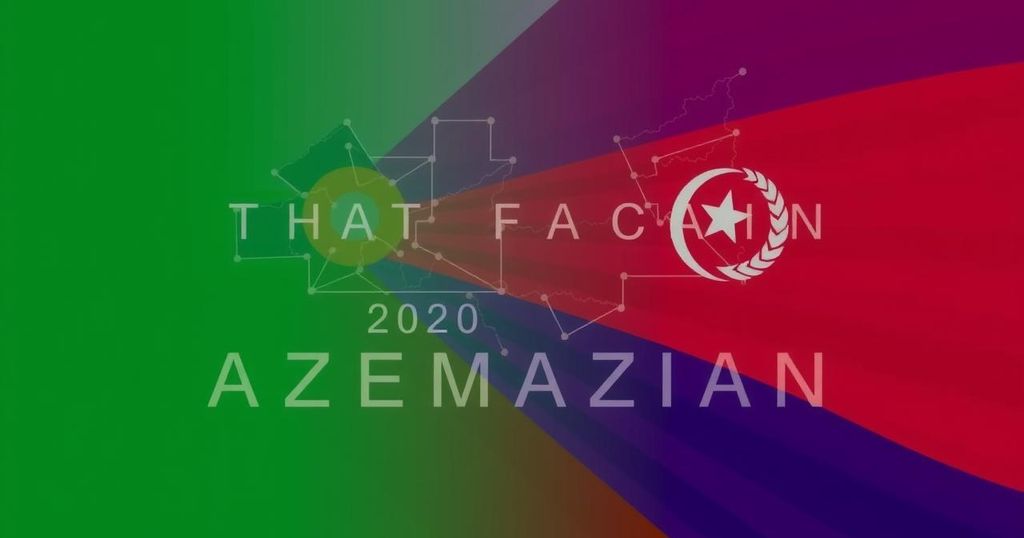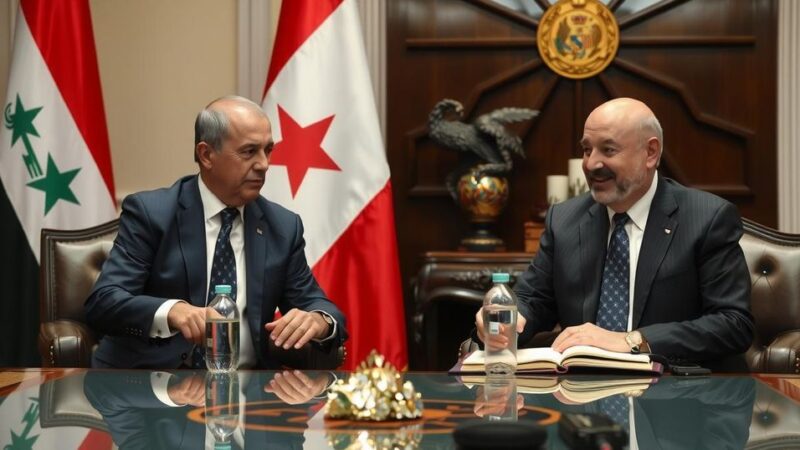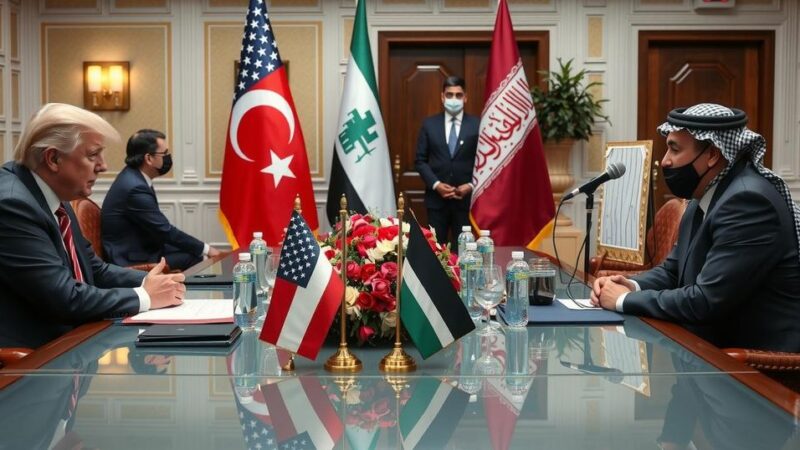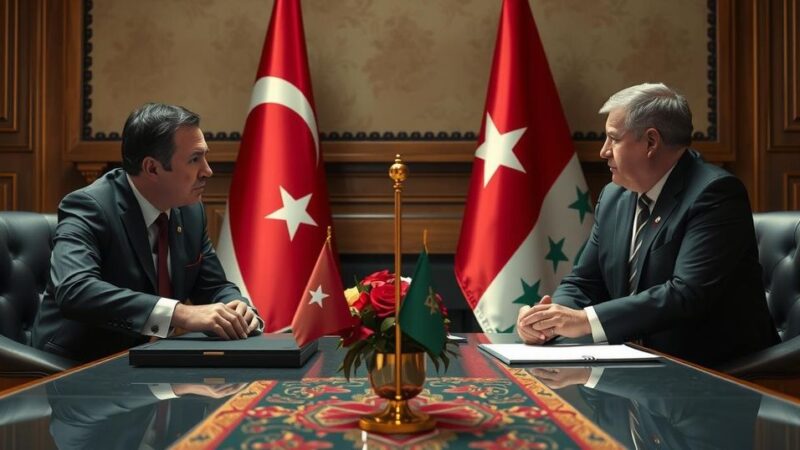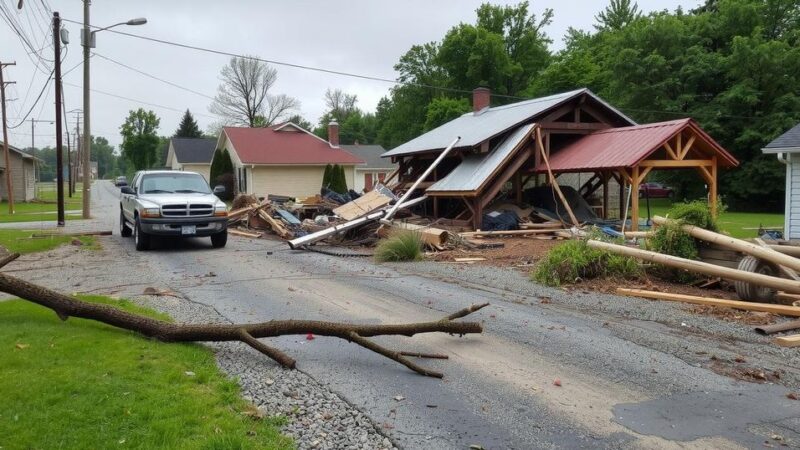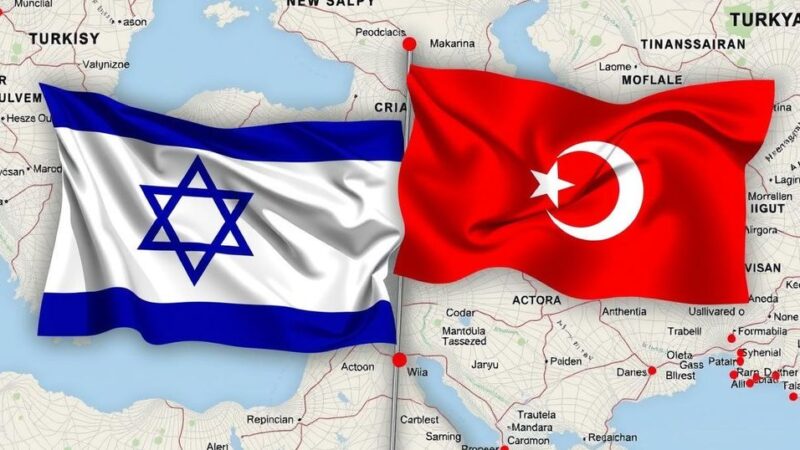At COP29 in Baku, Russia focused on gas deals with Azerbaijan, overshadowing climate change commitments. Azerbaijani President Aliyev declared fossil fuels a “gift from God,” opposing Western criticism. The large Russian delegation utilized the summit for discussions on energy cooperation, reflecting a geopolitical pivot towards Moscow. The event raised concerns over the sincerity of climate action amidst ongoing fossil fuel reliance by both nations.
The recent UN Climate Change Conference (COP29), held in Baku from November 7 to 22, highlighted Russia’s significant involvement in discussions centered around fossil fuels, particularly gas dealings with Azerbaijan rather than substantive commitments to combat climate change. The conference witnessed a 900-member Russian delegation—one of the largest at the event—demonstrating Moscow’s focus on leveraging the summit to bolster energy partnerships in the context of bypassing sanctions imposed due to its actions in Ukraine. Azerbaijani President Ilham Aliyev’s rhetoric emphasized fossil fuels as a “gift from God” while defiantly criticizing Western nations for their perceived hypocrisy in seeking gas supplies from Azerbaijan amid their denouncement of Russia’s war in Ukraine.
The atmosphere at COP29 illustrated a tilt in Azerbaijani foreign policy as it gravitated toward Russia, contrasting with its previously more Western-oriented stance. Azerbaijan’s role as host facilitated high-level meetings with Russian officials, signaling a union fortified long before the summit due to shared energy interests. Previous agreements promise continued collaboration in the fuel sector, underscoring the commitment reflected throughout the conference. Such partnerships indicate an intent to manipulate the narrative surrounding climate discussions for economic and political gains.
Moreover, while officially aligning with climate objectives, Russia’s actions during COP29 suggest a prioritization of fossil fuel interests and the promotion of fossil fuel investments. Simultaneous negotiations with the EU regarding Russian gas transit routes hinted at attempts to disguise the provenance of gas imports, thus ensuring ongoing Russian energy revenues despite international sanctions. In addition, the event was overshadowed by a lack of reporting in Azerbaijani and Russian media, implying a concerted effort to manage public perception of the summit’s proceedings concerning environmental accountability.
Overall, the COP29 conference, while ostensibly aiming for a dialogue on climate action, morphed into a platform for geopolitical maneuvering centered around economic interests in fossil fuels, raising pressing concerns over genuine climate response intentions in both Russia and Azerbaijan.
The COP29 conference convened amidst escalating global concerns regarding climate change and international energy politics following Russia’s invasion of Ukraine. The gathering brought together world leaders and climate advocates to discuss strategies for reducing carbon emissions and transitioning away from fossil fuels. However, the significant presence of Russian representatives and Azerbaijan’s alignment with Moscow marked a shift in focus towards energy cooperation rather than meaningful climate action. Amidst allegations of human rights violations and political turmoil, Azerbaijan’s hosting of the conference has further complicated its standing on the international stage regarding environmental issues, particularly as fossil fuels remain vital to its economy.
In summary, COP29 served less as a platform for genuine climate discussion and more as an arena for Russia and Azerbaijan to reinforce their energy alliances. The conference underscored significant geopolitical dynamics, where climate rhetoric diverged sharply from practical actions, hinting at the prioritization of fossil fuel interests over environmental commitments. As the world pushes for sustainable solutions, the contrasting narratives highlighted during COP29 reveal considerable challenges ahead in addressing climate crises effectively.
Original Source: theins.ru

